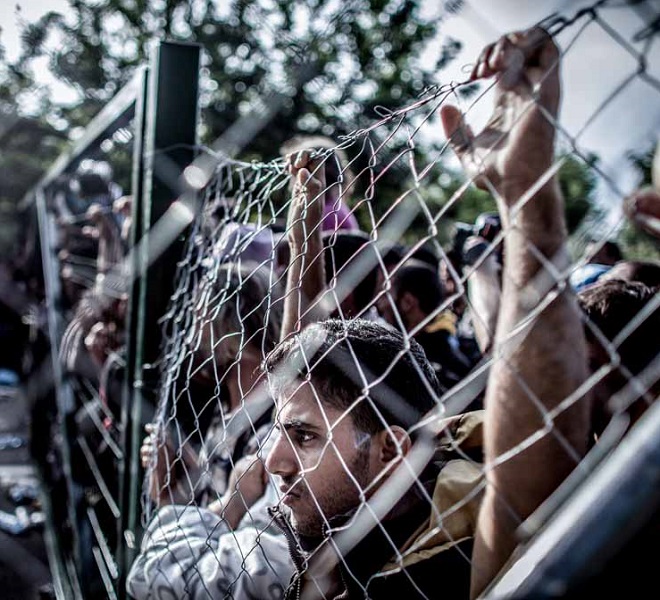Loukili vs. Netherlands, No. 57766/19, ECtHR (Third Section), 11 April 2023

The European Court of Human Rights in its April 11, 2023, judgment No. 57769/19, Loukili v. The Netherlands, rules again on the expulsion of a person with Moroccan nationality with family ties and minor children in the host country.
The applicant is a Moroccan national who had moved to the Netherlands at the age of three with his family of origin, specifically in the year 1981. In 2001, he obtained a residence permit, granted by the competent Dutch authority, of indefinite duration. This individual during his stay in the territory of the Netherlands contracted a valid marriage, marrying a Dutch woman with whom he had two children, who obtained (Dutch) citizenship in the year 2008 and 2014, respectively.
However, the appellant, between 2008 and 2014, committed several drug-related offenses for which he received a final criminal conviction. In 2017, the Moroccan citizen's judicial picture became more complicated as he committed other crimes, including the crime of injury against the person, which led - also in the same year - to the issuance of a measure revoking his residence permit with the addition of a measure of expulsion from the Netherlands, also providing for a ban on entry to the territory for a period of ten years. From the latter measure, the case before the Strasbourg courts originated.
Indeed, the applicant argues that the expulsion decision is manifestly excessive and disproportionate, constituting an undoubted violation of the respect for his private and family life as protected by the letter of Article 8 of the ECHR. Specifically, the expelled Moroccan national believes that this measure is a particularly penetrating interference in the relationships of his family since it is likely to sever, over a long period of time, family emotional ties, especially that with his two children, who would consequently be unjustly deprived of the father figure.
The Court was thus faced with the need to strike a balance between the national public interest and Article 8 of the Convention. The logical-legal reasoning followed considered Dutch public safety given the criminal record of the appellant, who had - over a limited period of time - perpetrated a series of offenses that were even exacerbated in severity, from which the Strasbourg judges infer the appellant's unwillingness to submit to full compliance with the laws provided by the Dutch legal system. In addition, the Court notes that the appellant had often been away from his children because of the freedom-restricting measures that the Dutch judicial authority had ordered because of his unlawful conduct. What is more, the Moroccan national had not brought to cognizance sufficient evidence to prove his bond with his children, who from the facts of the case lived overwhelmingly solely with their mother.
From this framework, it follows that the Court dismissed the appeal as it found the expulsion order to be well-founded and proportionate given the facts of the case, thus finding no violation of Article 8 of the ECHR.
(Comment by Alessandro Cupri)

